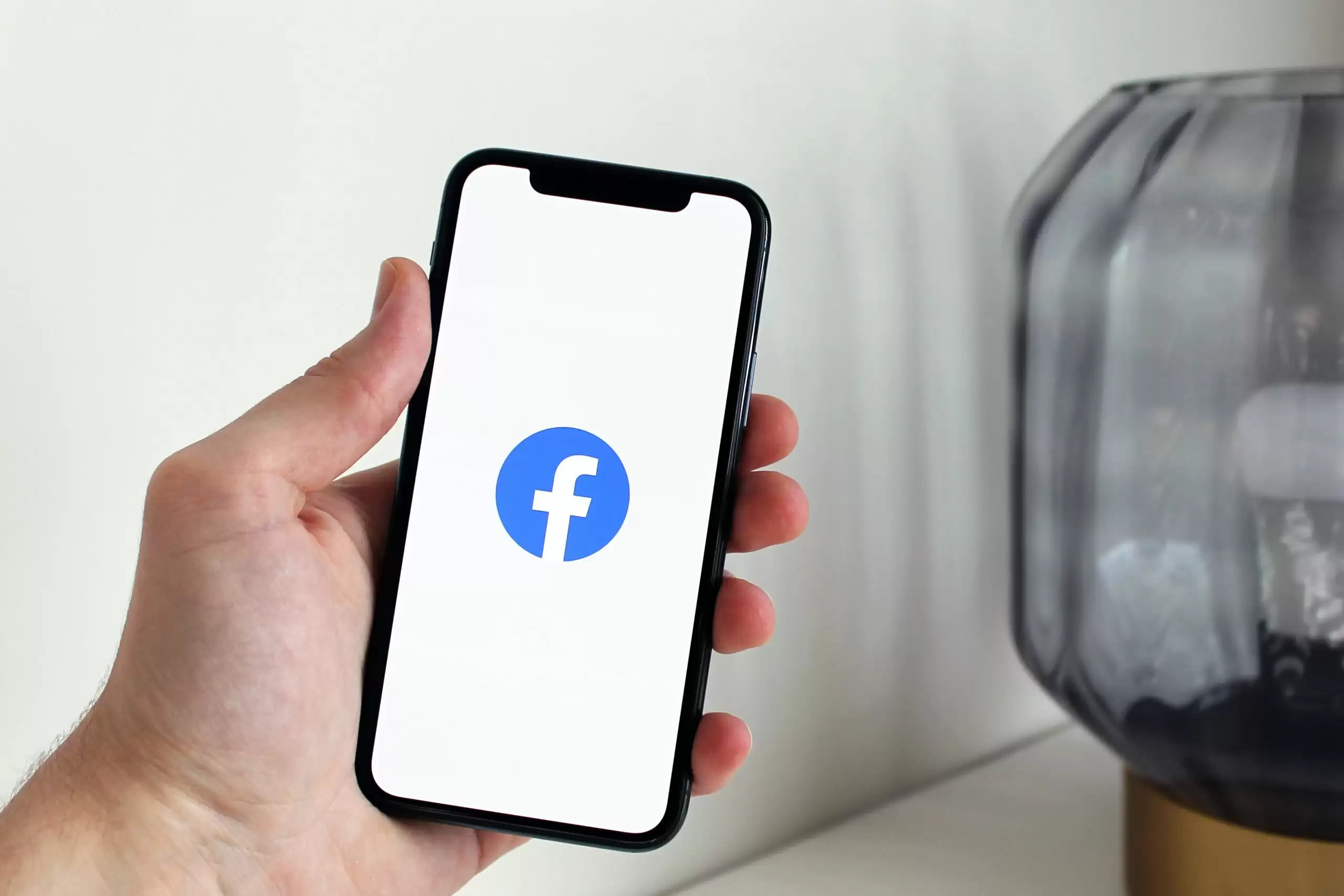
A federal judge in the United States has ordered Facebook to hand over information connected to accounts it took down in 2018 tied to Myanmar’s anti-Rohingya violence. In Washington, DC, the judge slammed Facebook for refusing to pass up vital data to authorities looking into the country’s international crimes against the Muslim minority Rohingya, dismissing the internet monopoly’s claims about privacy as “loaded with irony.”
The Rohingya, who have been regarded as “one of, if not the, most persecuted people in the world” by UN Secretary-General Antonio Guterres, are Myanmar’s many ethnic minorities. Before their flight in August 2017, the majority of Rohingya Muslims lived in Rakhine state. More than 730,000 Rohingya Muslims fled Myanmar to Bangladesh during a crackdown by the Myanmar military, popularly known as the Tatmadaw, during the civilian administration of Nobel Laureate Aung San Suu Kyi.
Read also: Additional district and session judge in Patna suspended
The Myanmar army is suspected of horrific murders and rapes against Rohingya Muslims. Myanmar’s military was found guilty of mass killings and rapes with “genocidal intent” in a report released by UN investigators in August 2018.
In October 2018, The New York Times released an article detailing how members of Myanmar’s military had exploited Facebook “into an instrument of ethnic cleansing” by posting bogus postings about how Islam was a global danger to Buddhism and a phoney tale about a Buddhist lady being raped by a Muslim man.
The study also discovered that Myanmar’s military used Facebook’s vast reach to launch a half-decade-long hate campaign against the country’s Muslim minority Rohingya people. While Facebook did take down these military-run social media profiles in August of 2018, the actual amount of the harm wrought by them is still unknown.
Read also: US federal judge lets Biden eviction moratorium can remain
These since-deleted messages and accounts have been blamed for rendering a majority of the people numb to the atrocities perpetrated on the Rohingya. According to UN human rights investigators, Facebook had a significant role in propagating hate speech that fueled the violence in 2018.

